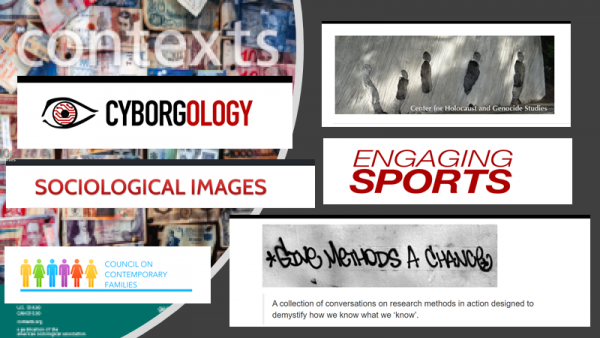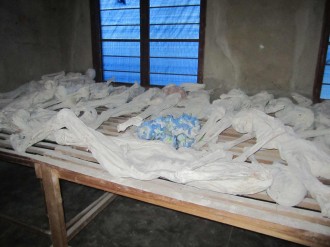
Previously we posted “Using TSP to Teach Online.” This week we’re featuring content from our partner and community pages. In addition to producing in-house content, The Society Pages is an online hub for blogs written and curated by other social scientists. We can’t feature them all here, but you can find the full list at the bottom of our homepage.
“Sociological Images” is designed to encourage people to exercise and develop their sociological imagination by presenting brief discussions of compelling and timely imagery that spans the breadth of sociological inquiry.
- Check out a recent guest post, “Social Inequality, Medical Fears, and Pandemics” showing data on American’s health fears.
- You can also find course guides and collections for instructors.


